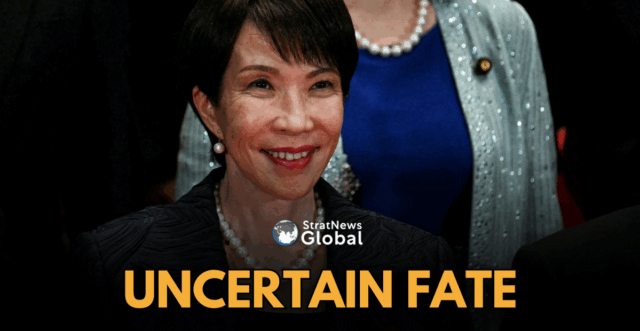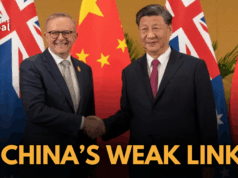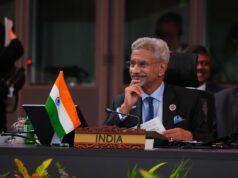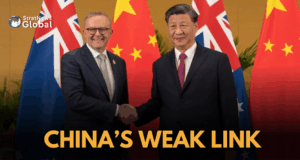Sanae Takaichi has become Japan’s first female Prime Minister, with Satsuki Katayama appointed as the country’s first female finance minister — a historic moment in a nation long dominated by male leadership. However, analysts say the new government may not last its full term amid deep political uncertainty.
Takaichi, known for her hardline conservative views, has long promoted “traditional” family structures in which women are expected to shoulder most domestic responsibilities. According to NBC News, she opposes same-sex marriage and supports maintaining male-only succession within Japan’s imperial family. She also backs the law requiring married couples to share a surname, a policy widely criticised for pressuring women to take their husband’s name.
But observers suggest that Takaichi’s gender or popularity may not determine the fate of her administration. Instead, the key challenge lies in the fragile coalition her Liberal Democratic Party (LDP) has formed with the Japan Innovation Party (JIP). The JIP, which had previously sided with the opposition, abruptly switched alliances to help the LDP form a last-minute government.
A report in the South China Morning Post describes the alliance as one-sided, offering JIP neither cabinet seats nor real influence. It notes that the partnership rests on reform promises from the LDP — promises that have often been broken in the past, including under former Prime Minister Shinzo Abe.
The report predicts that Takaichi may remain in office until the budget is finalised, after which tensions with the JIP could force a withdrawal of support, plunging Japan into renewed political instability.
Stephen Nagy, visiting fellow at the Japan Institute for International Affairs, told TIME magazine that Takaichi’s ability to maintain stability will depend on how she manages relations with U.S. President Donald Trump and whether she can resist prioritising short-term ideological goals over long-term pragmatic policies.
The SCMP concludes that the coalition is unlikely to endure, warning that a JIP withdrawal could leave Takaichi in an untenable position and force early elections — cutting short the historic tenure of Japan’s first female Prime Minister.






